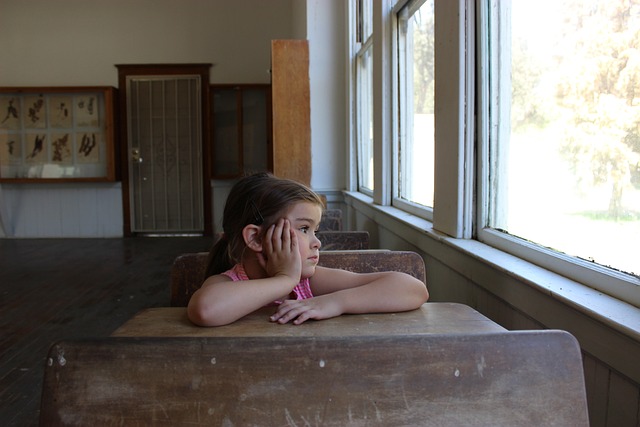The Newsletter of the Christian ParentTeacher League represents and promotes the comparatively new Christian school movement in Great Britain. Its editor is Mr. David Silversides, 71 Beechwood Rd., EAGLESCLIFFE, Stockton TS16 OAS. We reprint this article from the January, 1978, issue, written by J. J. Harding. Although addressing the British situation, its clear analysis of the present need for Christian education applies equally well to our own country. Our own usually larger and older Christian schools, often taken for granted, need to recapture the vision of the God-ordained purpose for which they were established.
Education in Britain, like many other things, is entrusted to the hands of a huge, clumsy, state–owned machine. It is customary to speak of “state-controlled” education; but perhaps “state-financed” or “state-promoted” would be more apt. Schools have been absorbed into a huge near monopoly, administered by hordes of bureaucrats, officials, and salaried “experts.” It is all a huge unmanageable affair, self-perpetuating, and as demanding to its harassed patrons as an insatiable cuckoo-chick. It is an unwieldly juggernaut trundling downhill without brakes: and after all expectations, it has not begun to produce the wondrous results predicted for it as the instrument of social and economic revival.
A state-ordinated education system, given “the tools to do the job,” would, we were told, be the most worthwhile national investment. As everyone supporting the idealistic great leap forward so movingly said, and still do say, the young, after all, are our most valuable asset. How could money, time and human effort be better spent than on nurturing the next generation, and so helping to leave behind the ills of the past? So the argument has gone for longer than we care to remember; but where is the wonderfully-educated generation marching in to rejuvenate industry, commerce and the whole of the national life? Is it really true, for instance, that employers are preferring old-age pensioners to work for them as more reliable than the new breed of super educated Britons?
After countless millions of pounds poured irrecoverably into the system, after the recent experiment—should one not say “gamble?”—of the comprehensive upheaval, alarm at the apparently uncontrollable decline of British education has even touched those least willing to acknowledge that something is amiss: our rulers. A re-examination of our aims and methods has been called for, and the Great Debate initiated. To some, the Great Debate comes like discussion to perfect one’s battle plan as the news of defeat is coming in. But if refraining calling failure by its proper name is a fault of politicians, it seems not less so in educational pundits. No doubt but they are the people, and wisdom shall die with them. Rash innovation and tinkering has been more and more frequent. Proved practice has been scorned and jettisoned in favour of drastic experimental methods, causing disruption and the lack of continuity and stability that an accepted standard and procedure bring. Confusion is rife; and many can say “we told you so.”
Is it too pessimistic to predict that the Great Debate will be as much a confused failure as the recent era of educational “advance” itself? Portions that one reads seem to show that it is unlikely that a remedy can be generally agreed when strident voices are calling for different objectives in education. The old pressure-groups with their old slogans, myths and shibboleths continue to agitate, without, apparently seriously examining what has happened. One sympathizes with the call by representatives of industry for simple competence in writing and counting; and perhaps, by a concerted effort, this might be somewhat regained. But an educational system needs a clean and powerful view of life to guide it. The clear and powerful view of life that our civilization gives us , however, is that life is meaningless, nothing is really good or bad, and that nobody can erect standards and values that have relevance to anyone but himself. Our society is doggedly agnostic; and so no God can be allowed to give us a frame of reference to guide our social aims and structures. We feel that we have outgrown the need to be dependent; and one sees the children given over to suffer for the arrogant blindness of their parents. An agreement on a clear standard is simply impossible at present. The Great Debate is as much blindman’s bluff as child-centered education. Having exhausted its capital, British education nears the end of its run. The Christian must grimly acknowledge the signs of the inevitable breakdown of an apostate system.
In the light of this, a new biblical re-examination of education and its aims can be of value not only to those of our children who may benefit from it in schools run on Christian principles, but also in beginning to relight lamps which advanced educators have long been striving to put out. Perhaps positive Christian action along a new line will give a lead to those confused and demoralized teachers so pathetically jammed in the dark tunnel into which humanistic thought has led British education.

